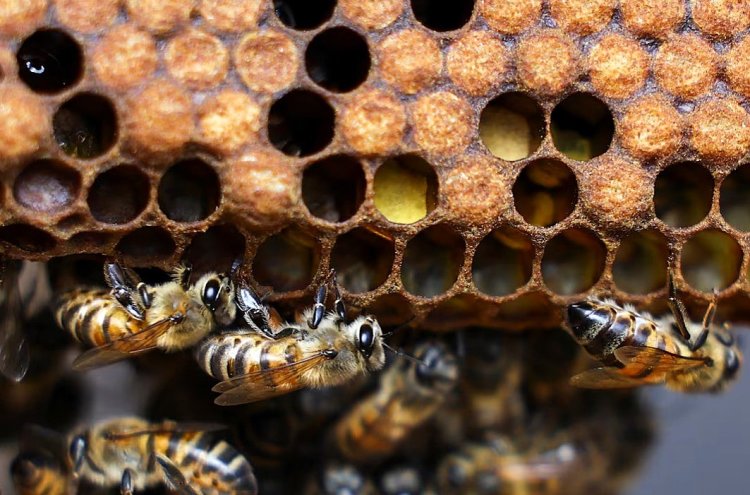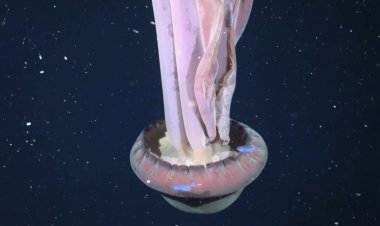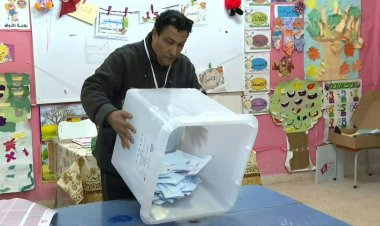Scientists create supplement to protect bees from pesticides

Scientists in Colombia say they have developed a novel food supplement that protects bees' brains from pesticides, keeping the insects safe from neurological damage caused by agricultural chemicals.
Bees, as pollinators, are considered essential for the preservation of natural ecosystems and food production.
The plant-based supplement developed at Colombia's private Rosario University in Bogota, in partnership with the Department of Neuroscience at the University of Arizona and Colombian Universidad Javeriana, allows bees to cope with neurotoxins commonly used in agriculture and avoid having their motor system and memory harmed by the chemicals.
Andre Riveros, associate professor at Rosario University, said the innovation is a nutritional solution to the problem bees face when exposed to pesticides as "the food induces them to develop a protection against pesticides."
“We have studied the concentrations, the doses in particular, the times of dosage, of delivery, to arrive at precise compositions. When we give it to the bees in a prophylactic way, a day before for example, once we expose them to the pesticides in realistic levels, levels that are found residually in the field, the bees are protected. Results are seen in bees that still learn, bees that move well, bees that make good decisions,” he added.
The formula is created with flavonoids, plant-derived secondary metabolites known for their health benefits.
Sedated and then confined to small laboratory tubes, bees were fed one-by-one by scientists during initial development of the supplement.
Testing has now moved to real-world scenarios in a university apiary, explained Juan Jose Ovalle, a natural science student at the university.
"We already know that there are molecules that improve the bees' health, we already know that there are molecules that prevent neuronal damage caused by pesticides," Ovalle explained, adding it was important to continue the work to boost the effectiveness of these methods in supporting bees.















